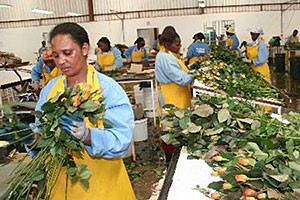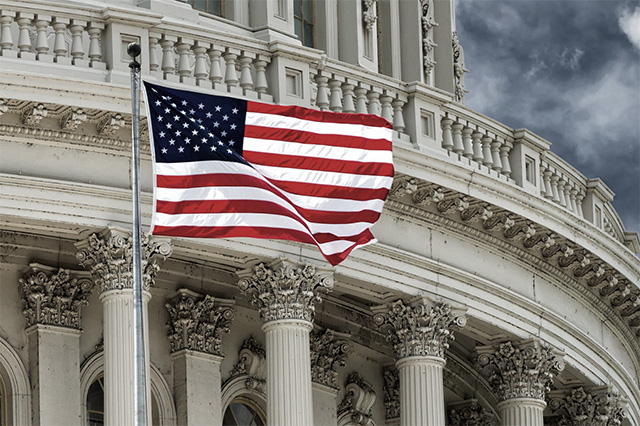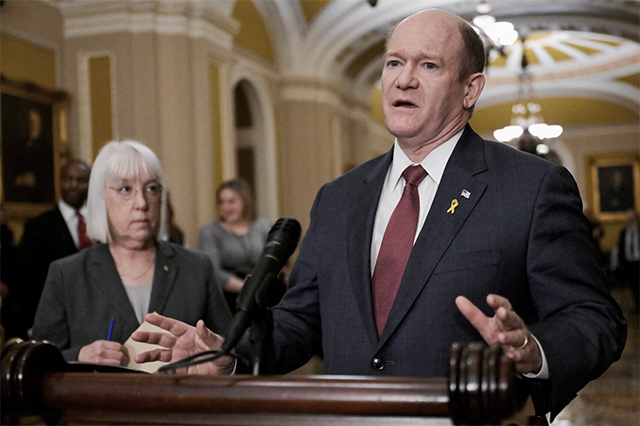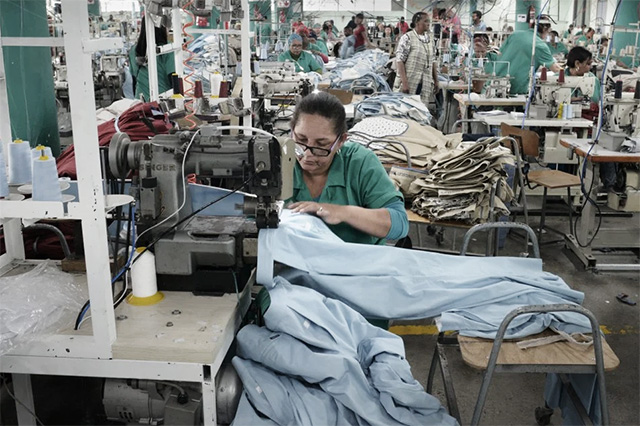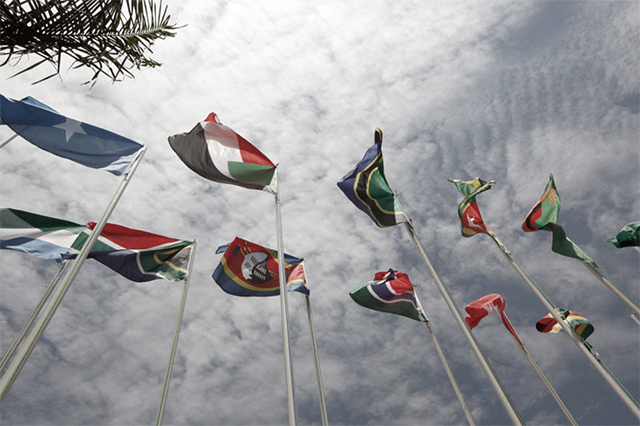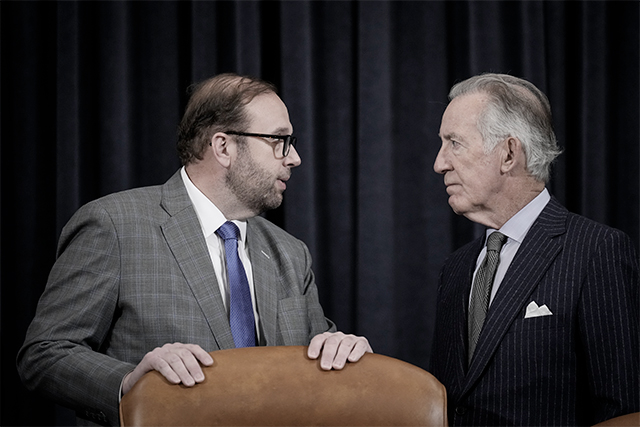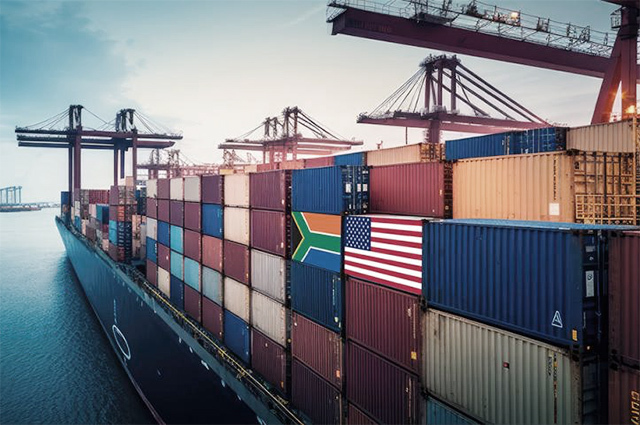Op-Ed: AGOA renewal not so seamless
For the apparel and footwear industry, timing is everything. Our executives plan production and place orders months, and sometimes years, in advance so goods will make it to stores in time for the next season. Understanding and managing long lead times are critical.
For our supply chains, “seamless” processes require that decisions be set months in advance. Unfortunately, when it comes to legislation, Washington’s definition of “seamless” does not line up.
Case in point – the African Growth and Opportunity Act (AGOA). Policy makers and legislators in both chambers of Congress and at both ends of Pennsylvania Ave. have been working on renewal of AGOA for more than a year.
AGOA is the trade preference program that allows countries in Sub-Saharan Africa to export textiles, apparel, footwear, and about 6,500 other products to the United States duty free. Such access, given the high duty rates still charged in the apparel and footwear industries, is key for African competitiveness.
The program enjoys unprecedented support in Washington and beyond. A coalition of U.S. and African apparel, footwear and retail associations has been urging its swift and long-term renewal. Policymakers have said it would be renewed in a “seamless” manner.
But in Washington terms, “seamless” means before the expiration date – in this case, Sept. 30, 2015. For apparel and footwear companies, that’s too late.
Apparel and footwear executives are already planning production and placing orders that will be entered after the expiration date. Because they don’t know if those goods – when they finally do arrive in the U.S. – will be duty free or not, they can’t properly cost their merchandise.
While they could bet that policymakers will renew AGOA in time, recent evidence shows that Congressional intentions do not always translate into Congressional action.
Dysfunction in Washington has delayed action on even the most popular programs. The Generalized System of Preferences (GSP), another trade preference program that also enjoys widespread support in Washington, expired 18 months ago. Numerous efforts to renew this program failed. GSP users have so far paid more than $1 billion in duties on goods that were supposed to be duty free on the promise that the program will be retroactively renewed.
The Nicaragua Tariff Preference Level (TPL), another successful program that anchors U.S. textile jobs and has generated double digit growth of U.S. fabric exports to Nicaragua, expired last month. The Miscellaneous Tariff Bill (MTB), through which U.S. companies secure short term duty reductions on goods and manufacturing inputs not found in the United States, has been expired for three years.
So what happens next? The political environment seems auspicious for activity on trade this year. And some policymakers are now pledging AGOA’s renewal well before its expiration date. While that’s helpful, it is not enough to create the certainty the industry needs. Sourcing executives are looking for speedy renewal of AGOA and other expired programs to prevent further disruption to their supply chains. Their African partners need that same action to avoid the job cuts that such loss of business will cause. Both will be pressing for swift action, and Congress needs to respond.
Madagascar, which just regained duty free status under AGOA for apparel and footwear, provides a cautionary tale of what happens when a country loses duty free status. Five years ago, it lost duty free access to the U.S. market because of a coup. Apparel exports to the United States dropped 71 percent the following year (and then another 35 the year after that).
Washington’s calendar still shows lots of time, but the industry’s calendar shows that time’s up. It’s long past time to renew AGOA.
We are already beyond “seamless.”


